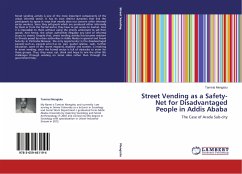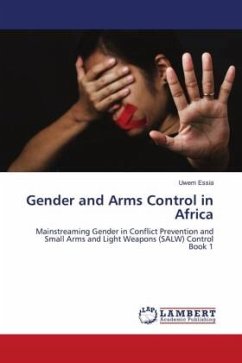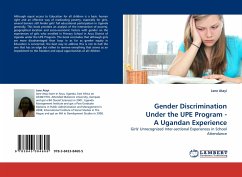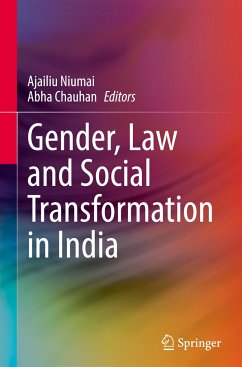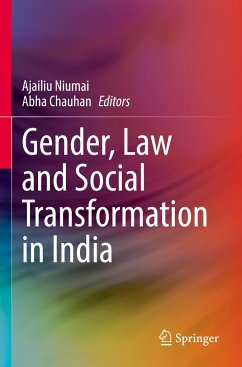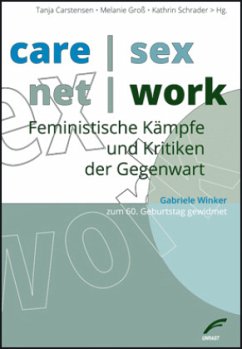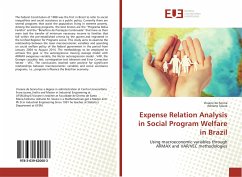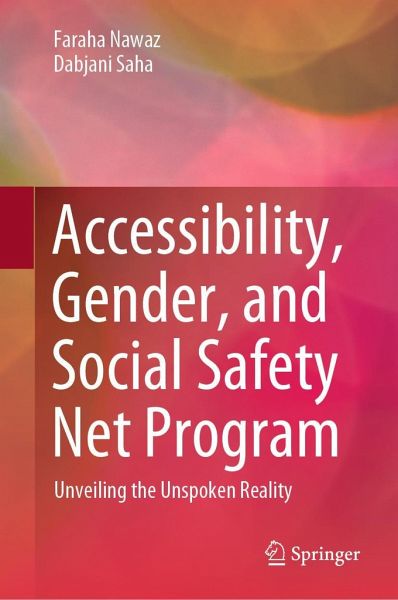
Accessibility, Gender, and Social Safety Net Program
Unveiling the Unspoken Reality

PAYBACK Punkte
41 °P sammeln!
This book offers an extensive research work to explore the accessibility of women with disabilities and financial insolvency to social safety net program in rural Bangladesh. The book examines the impact of intersectional identities in accessibility to the human rights in a contextual setting. The authors have also scrutinized the existing policies to identify policy gaps and provide some policy recommendations from this insightful study. Apart from narrower view of the targeting method or implementation of social safety net program on targeting beneficiaries, this research has combined gender...
This book offers an extensive research work to explore the accessibility of women with disabilities and financial insolvency to social safety net program in rural Bangladesh. The book examines the impact of intersectional identities in accessibility to the human rights in a contextual setting. The authors have also scrutinized the existing policies to identify policy gaps and provide some policy recommendations from this insightful study. Apart from narrower view of the targeting method or implementation of social safety net program on targeting beneficiaries, this research has combined gender and disability in a study framework with making a focus on the Allowances Program for Insolvent Persons with Disabilities provided by Government of Bangladesh. They have argued that intersectional identities (gender, disability, financial insolvency) have influenced over the accessibility to social safety net program as well as identified the challenges of accessibility which provides abroader view of practices of public administration of Bangladesh and enlightens on social and cultural context creating barriers in accessibility to human rights of women with disabilities. The authors argue for bringing changes of the service delivery of the program by bringing change in policies according to human right-based treaties. This book is useful to policy makers, international donor agencies, government officials, and NGOs.





